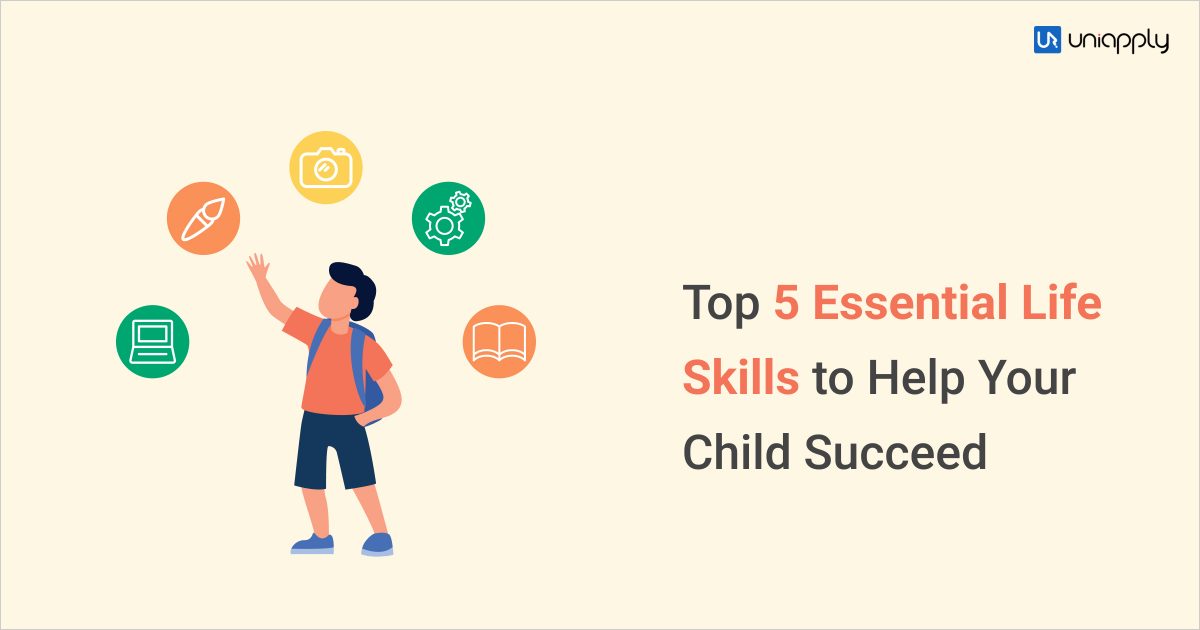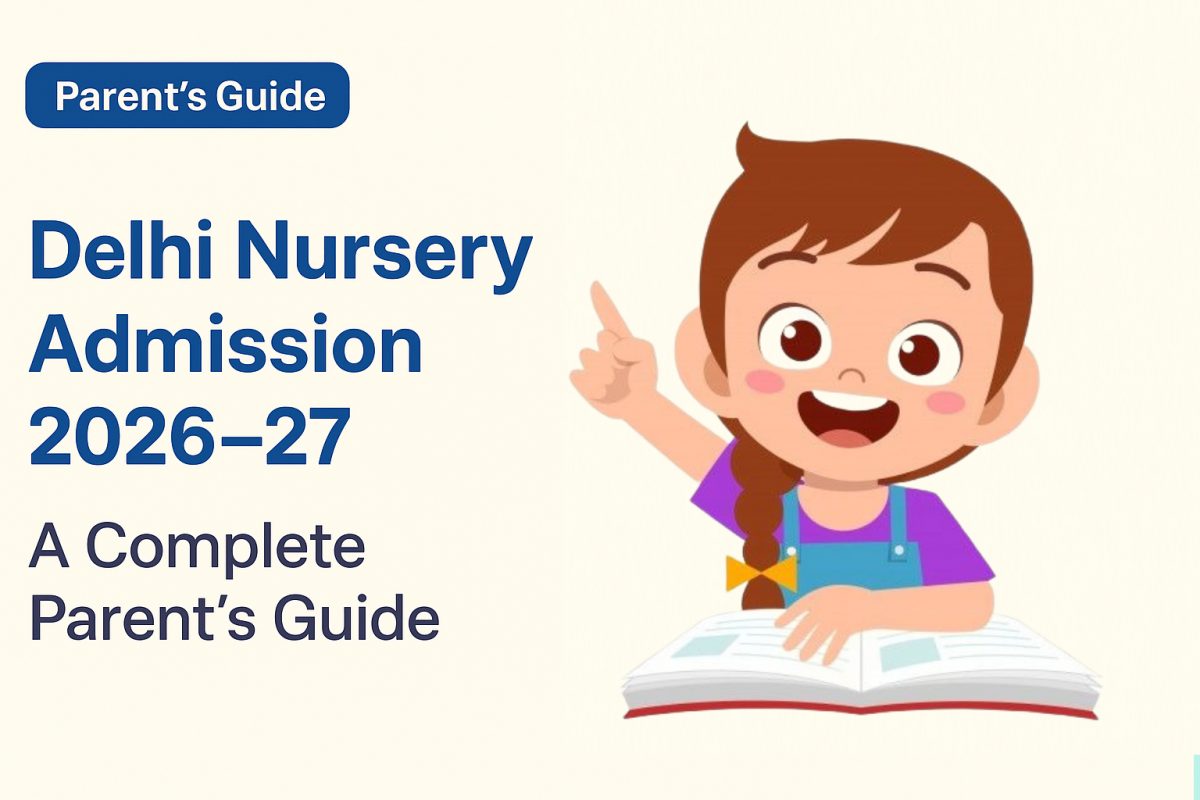Top 5 Essential Life Skills to Help Your Child Succeed
Do you think your child is well-equipped with essential life skills which will help them in future? Will your child be able to look after themselves in future? The establishment of executive functioning skills is inherent in children at an early age and can eventually prompt more accomplishment in a future profession. Parents can use their own valuable knowledge and experience to teach life lessons to their kids. Studies have shown that children can learn more effectively when they’re enjoying the process—which just makes sense.
For instance, when they’re feeling connected to learn, information can evolve more freely in their brains. This, thus, assists children with making new connections. Yet, don’t stress, we’ll tell you what these significant abilities are and how to instruct them to your kid!
Most important life skills for kids to learn
- Time Management
You’re probably wondering how to manage time. All things considered; you can do this by getting your child to claim responsibility regarding their own time.
- Do this by getting them a morning alarm that they can use to wake up on schedule for school, rather than you waking them up.
- Get them an organizer to plan and track their school work and other extra-curricular work and to monitor what should be finished by when.
When they do this, they will consequently start to allow themselves to differentiate time for play and for work.
- Communication
Children need high-contact personal interactions consistently to build healthy social-enthusiastic abilities, including the capacity to understand and communicate with others. While the speed at which they foster these abilities may differ, children need to figure out how to “read” social cues and listen cautiously. They should consider what they need to impart and the best method to share it. Simply communicating with an interested and understandable grown-up can help construct these abilities. Invest energy constantly understanding and reacting to your child without interruptions and negative viewpoints.
- Decision-making skills
Education, career, life partners- there are countless important choices we need to make in our lives. What about including the ability to settle on appropriate choices at an early age itself in your kid? Here’s the way to show them in little and basic manners how to settle on appropriate choices.
- Start by requesting that they pick between 2 exercises or games; 2 distinct sorts of clothes; 2 diverse food things, and so on.
When this occurs, the children will understand the outcomes that every choice causes. So, manage your children through this process, assist them with benefits and disadvantages before they settle on their choice!
- Teamwork
As individuals, we work in groups for both our own day-to-day routines and professional lives. For small kids, they work in groups at home and at school. They can be team players of a games group. They can be team players in the study groups. Any time a kid works inside a group, he/she has the chance to assemble positive, long-term connections. The sooner children figure out how to cooperate, the more grounded their team working abilities will become as they develop into grown-ups.
A definitive objective of teamwork is to assist children with an understanding that one individual doesn’t exclusively make a group successful. For a group to win, the entire group needs to put forth an attempt, a decision for greatness.
- Problem-solving skills
The point when your child comes to you about an issue that the individual had with their friend or an issue that they saw, encourages them to take the situation that occurred from the viewpoint of others. Even make them understand the emotional reactions of individuals with each possibility you get. Clarify why somebody is sad or furious. This expands their critical thinking capacities and their level of understanding around individuals significantly. A recent report distributed in “Behaviour Research and Therapy” found that children who lack critical thinking abilities might be at a higher risk of stress. Also, the specialists found that teaching a kid problem-solving ability can improve mental health. A child who needs problem-solving abilities may try not to attempt new things, may disregard certain circumstances through and through, or act thoughtlessly when given a problem.
Problem-solving abilities include all spaces of a child’s development:
- Social
- Emotional
- creative
- intellectual
- Physical
Hence, the sooner you can encourage and develop these abilities in your kid, the better.
Moreover, you should not wait to include these life skill abilities by age graph to show up before you to show your children all such great and important abilities. The majority of the abilities that children need in this world are not educated in the schools, and that is the reason when asked, most kids don’t have a clue about the importance of these fundamental life skills.
They are taught distinctly with experience at home under their parent’s guidance. It relies upon you as a parent on how and when you need to show your child these abilities. The earlier you start, the better for your kid.
Learning isn’t just about dominating spellings and times tables. A great deal happens outside the schools, and investing some energy instructing useful fundamental life skills at home will help set your child up for what’s coming in the future ahead
Also Read:
How Can a Gap in Early Childhood Education Affect a Child’s Future?
CBSE Declares Special Assessment Scheme for Classes X, XII for the Session 21-22
460 Pvt Schools to Collect Fees With a 15% Reduction Only on Monthly Basis: Delhi Govt.
Guidelines for CBSE Class 12: Result will be declared on July 31






